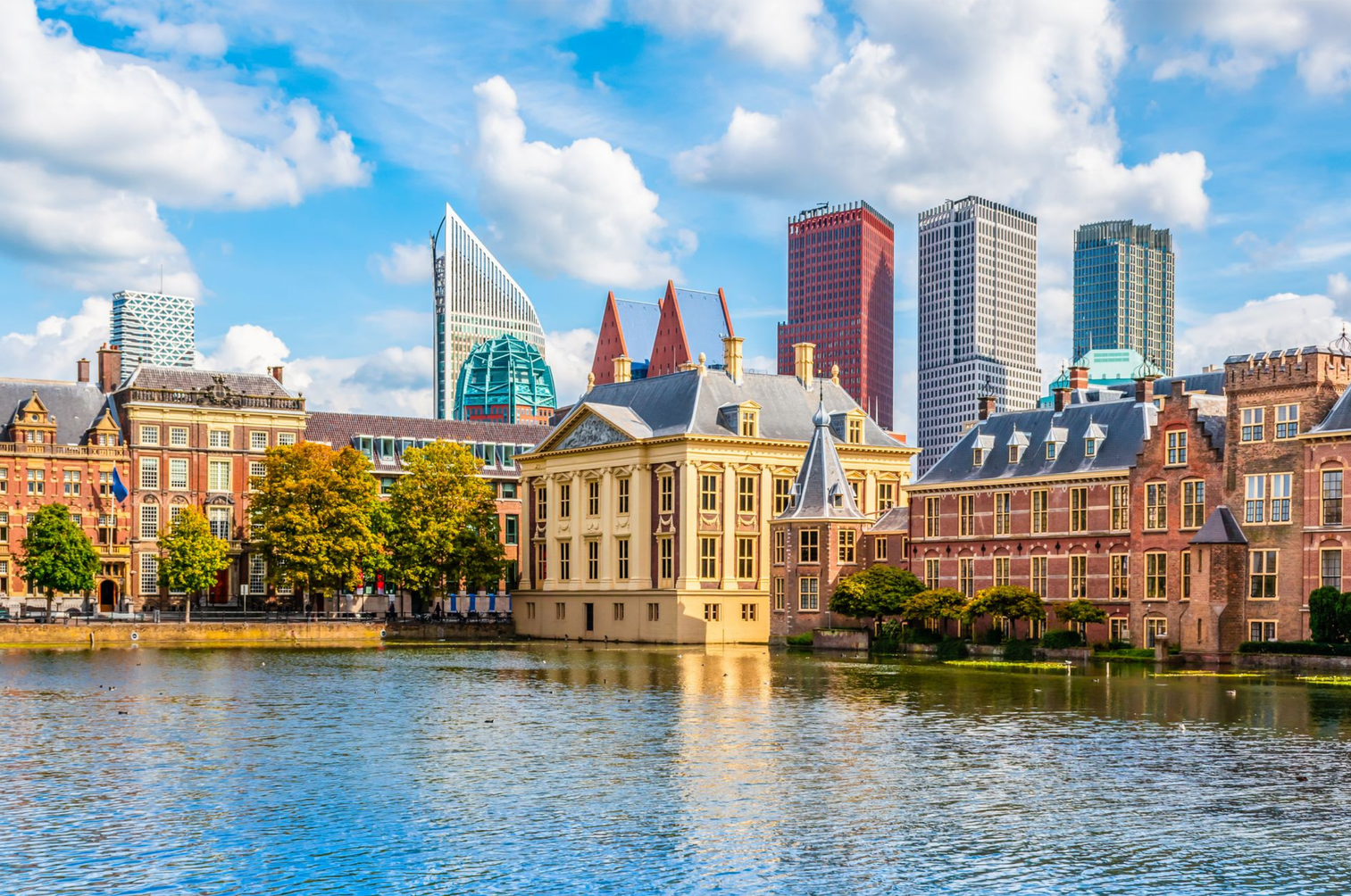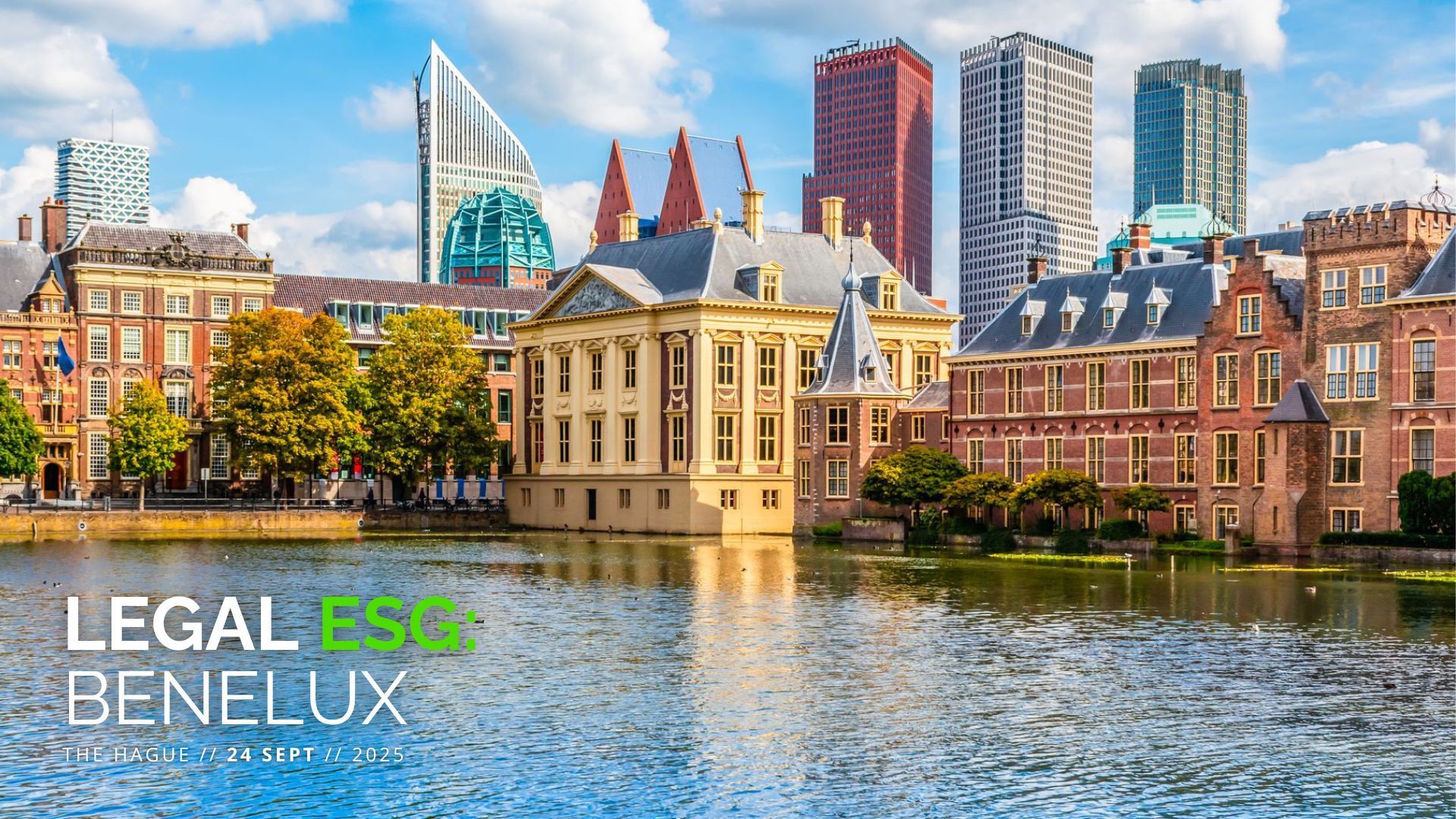A climate crisis imperative: Legal firms step up to the challenge
The Guardian has updated its style guide to introduce terms that more accurately describe the environmental crises facing the world. Instead of “climate change,” the preferred terms are “climate emergency, crisis or breakdown,” and “global heating” is favoured over “global warming,” although the original terms are not banned.
The Guardian, May 2019
Covid-19 has ravaged the world, with rising death tolls, lingering health conditions, and economic devastation. Along with this crisis, climate change has not slowed, and it continues to threaten people’s health, jobs, and safety.
As the world continues to confront the pandemic, it must navigate a path to a green and sustainable economy that produces jobs and prosperity, reduces emissions, and builds resilience.
It would be a huge disservice to everything we have suffered and have yet to go through, and everything we are learning during this pandemic if we do NOT also use this opportunity to accelerate our efforts to address existing systemic problems and looming climate challenges—as we #BuildBackBetter.
Many legal and other professional service firms are rising to the challenge and making significant commitments.
As I write this piece, the 75th United Nations General Assembly and corresponding Climate Week activities are concluding. Because all sessions were virtual this year, it was much easier to attend—no Uber or taxi rides, long lines for tickets, or traffic jams. While I missed the hustle and bustle of New York City, normally amplified during the weeks of the UN General Assembly, the virtual sessions didn’t disappoint.
Discussions addressed many of the global challenges we are facing, including hunger, financial insecurity, and healthcare. These issues, frequently dubbed “wicked problems,” have been amplified by the COVID-19 pandemic. Additionally, a palpable, heavy “gray cloud” hung over nearly every session:
“The pandemic has NOT slowed down climate change, which presents ever-growing threats to people’s health, jobs, and safety. The stakes could not be higher: The science shows temperatures are in record-breaking territory, greenhouse gas levels are mounting, sea level is rising, and natural disasters are getting much worse.” (https://www.un.org/en/climatechange)
The private sector commits to change Governments have a major role to play in addressing climate change, but the private sector must be a strong partner in taking action. Many law firms, financial organizations, and insurance entities are stepping up their actions to reduce emissions and increase investments in cleaner, greener technologies and energy.
Organizations large and small have used Climate Week, the largest international summit of the year, to make significant announcements about their intentions, carbon targets, and joining the Race to Zero.
This year, many companies declared their climate programs and carbon emission reduction goals leading up to or during Climate Week, including:
- Walmart pledged to zero out its operational emissions by 2040.
- Morgan Stanley, the banking giant, committed to have net zero “financed emissions” by 2050.
- Google committed that its data centers will run around the clock on zero-carbon power.
- PwC Global announced its worldwide, science-based commitment to reach net zero greenhouse gas emissions by 2030.
- Boston Consulting Group set a target of 2030 to reach net zero climate impact.
- McKinsey and Company will reduce its emissions by 2025 in line with science-based targets on the 1.5°C pathway.
And these companies are only the latest additions to the many who already had established and announced such carbon targets, very publicly, as integral to their social impact strategies.
There is definitely a trend, according to Race to Zero, a global campaign that rallies businesses, cities, regions, and investors to work for zero carbon recovery. It reports that companies with a combined revenue of more than $11.4 trillion, equivalent to more than half the U.S. GDP, are now pursuing net zero emissions.
Vendors and advisors join forces
What do these private sector firms’ commitments and pledges mean to their vendors and suppliers—including law firms? The growing need for all firms to reduce carbon is a business opportunity (some would say obligation) for the lawyers who serve them. And that means ALL their lawyers, not just those specializing in environmental law.
During Climate Week, I attended a webinar sponsored by The Chancery Lane Project, a code name for the focused, collaborative effort of lawyers to develop new contracts and model laws to help fight climate change. As part of this global movement, legal professionals are empowering business communities to transition to net zero emissions.
During the webinar Rewiring Law to Fight Climate Change, speakers noted that 95% of lawyers active with The Chancery Lane Project don’t describe themselves as environmental lawyers. Fighting climate change requires the skills and talents of the entire legal profession.
Matthew Gingell, Chair of The Chancery Law Project and general counsel at Oxygen House, described the tactic of using an opt-out option rather than an opt-in option as a starting point for climate clauses. He went on to say,
“Governments have and will legislate for carbon emissions, but the impact of these laws will take time to come into effect. This is time we don’t have if we want to meet the 2030 goal of the 1.5-degree target. Climate contracts and model laws allow impact on climate change to happen sooner, in a way that aligns business objectives and economic prosperity.”
The Chancery Lane Project recently published “Climate Contract Playbook #3” and the #Glossary #2”—both available for download on its website.
The introductory language to their just released Glossary, 2nd edition, describes the opportunity/obligation:
“Our aim at The Chancery Lane Project is to help you to tackle climate change by rewiring contracts and laws. Our amazing participants have drafted 50 clauses and seven model laws that are freely available for you to use to ensure that your legal documents take account of their climate impact. We anticipate that contracts that include these clauses will bridge the climate action gap in getting to Net Zero emissions whilst legislation catches up. Whether you work for a law firm, a public body or in house, you can change the climate impact of your work by using the power of your pen. The problem of climate change is too urgent to allow doing something about it to remain the preserve of a minority of environmental lawyers. It is a pervasive issue that needs to be reflected in agreements covering all practice areas and sectors, including supply chain agreements, finance documents, corporate documents, real estate transactions, and construction contracts. By discussing these clauses with your clients and colleagues, adding them to your precedents, and incorporating them in your agreements, you will change the world.”
How the U.S. legal profession is taking action
Similarly, legal groups in the United States are also addressing the climate crisis. The Environmental Law Institute sponsored the publication of Legal Pathways to Deep Decarbonization in the United States.
This playbook provides well over 1,000 legal options for the United States to address the climate emergency facing this country and the rest of humanity. The book provides technical and policy pathways for reducing U.S. greenhouse gas emissions by at least 80% from 1990 levels, by 2050. This 80x50 target is indeed deep decarbonization, as it requires systemic changes to the energy economy.
The legal options involve federal, state, and local law, as well as private governance—even if they don’t seem politically realistic or likely. These legal tools can be used with significant economic, social, environmental, and national security benefits.
The legal community can create climate transformation
While I frequently sound like a broken record—I still strongly believe so many of societal challenges are opportunities for the legal profession to use its highest and best skills and talents to help solve — for their clients, for society, and for our planet.
The need for change has never been so obvious or necessary. Some would even say it is an obligation.
This is our moment. And professional service firms can and should be fulfilling a key role in pandemic efforts to #BuildBackBetter in a manner that also addresses the next existential crisis—climate.
INSIGHTS:










